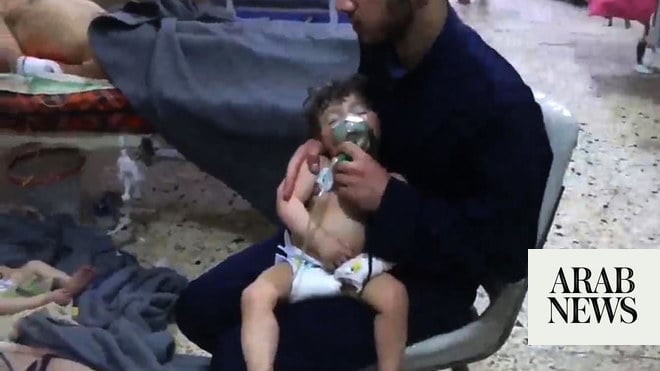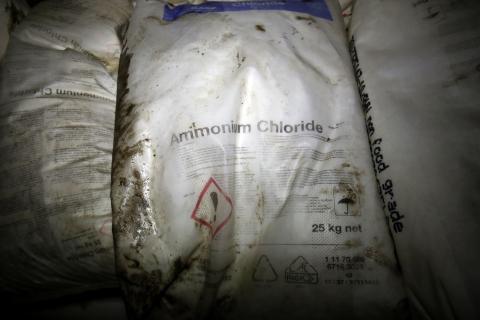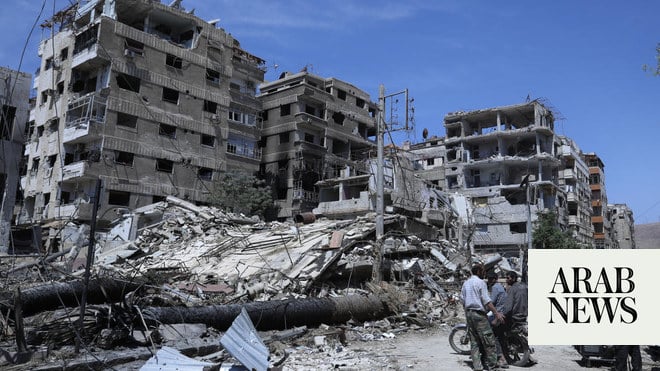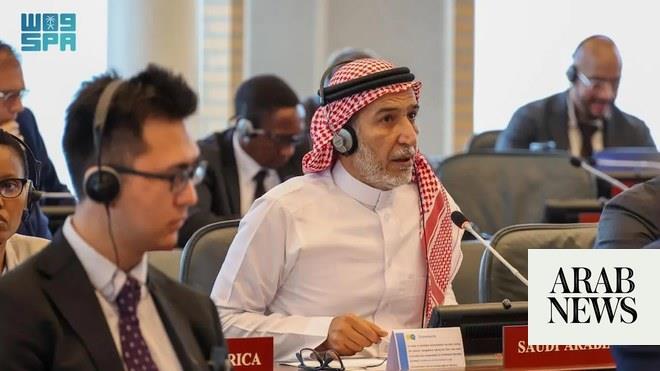
The Organization for the Prohibition of Chemical Weapons (OPCW) held emergency talks in The Hague on Monday to address the chemical weapons attack against the Syrian town of Douma.
The OPCW has 192 members, and Mondays governing executive council meeting of 41 states was called by its chairman, Bangladeshi ambassador Sheikh Mohammed Belal, to discuss the attack that left at least 40 people dead on April 7.
Meanwhile, OPCW inspectors were visiting sites in Douma where they were aiming to collect samples, interview witnesses and document evidence to determine whether banned toxic munitions were used.
US OPCW Ambassador Kenneth Ward stated at The Hague meeting that Russia may have tampered with the site of the Douma chemical attack.
"It is long overdue that this council condemns the Syrian regime for its reign of chemical terror and demands international accountability for those responsible for these heinous acts," he said in comments obtained by Reuters.
"It is our understanding the Russians may have visited the attack site. It is our concern that they may have tampered with it with the intent of thwarting the efforts of the OPCW Fact-Finding Mission to conduct an effective investigation."
The US, Britain and France fired more than 100 missiles at three chemical weapons facilities on Friday, angering Syrias backer Moscow, which threatened to retaliate.
President Donald Trump said the strikes had accomplished their aim of undermining efforts by the Syrian regime to produce and use chemical weapons again in violation of the Chemical Weapons Convention.
It has been more than a week since the attack in which witnesses and Western governments described helicopters dropping sarin and chlorine bombs that killed many children and women hiding from clashes between rebels and government troops.
A diplomatic source told Reuters evidence may have been removed while inspectors negotiated access with Syrian authorities.
Syria and Russia deny chemical weapons were used in the final offensive that captured Douma, a rebel-held territory east of Damascus.
The British envoy to the OPCW said it had recorded 390 incidents of the use of banned chemicals in Syria since 2014.
"The time has come for all members of this Executive Council to take a stand. Too many duck the responsibility that comes with being a member of this council. Failure to act to hold perpetrators to account will only risk further barbaric use of chemical weapons, in Syria and beyond," said envoy Peter Wilson.
Priority must be given to boosting the work of the worlds chemical arms watchdog so it can dismantle Syrias "secret" toxic weapons program, the French ambassador said.
"The priority today is to give the technical secretariat the means to complete the dismantling of the Syrian program," Phillipe Lalliot told the OPCW.
The European Union said Russia and Iran should use their influence on the Syrian regime to prevent it from further use of chemical weapons.
"The EU calls upon all countries, notably Russia and Iran, to use their influence to prevent any further use of chemical weapons, notably by the Syrian regime", the EU said in comments at the OPCW meeting, seen by Reuters.
Moscow meanwhile vowed not to interfere in the OPCW’s work in Syria.
"Russia confirms its commitment to ensure safe (sic) and security of the mission and will not interfere in its work," the Russian embassy in The Hague said in a tweet.
Syria joined the OPCW, the organization tasked with monitoring adherence to the 1997 convention, in 2013 after a sarin gas attack that killed hundreds of people in Ghouta. The move was part of a joint Russian-US deal that averted military action threatened by then-president Barack Obama.
A joint United Nations-OPCW mission concluded that troops under Syrian regime leader Bashar al-Assad had used chemical weapons several times in recent years, including in a sarin attack a year ago in the town of Khan Sheikhoun that killed nearly 100 people.










